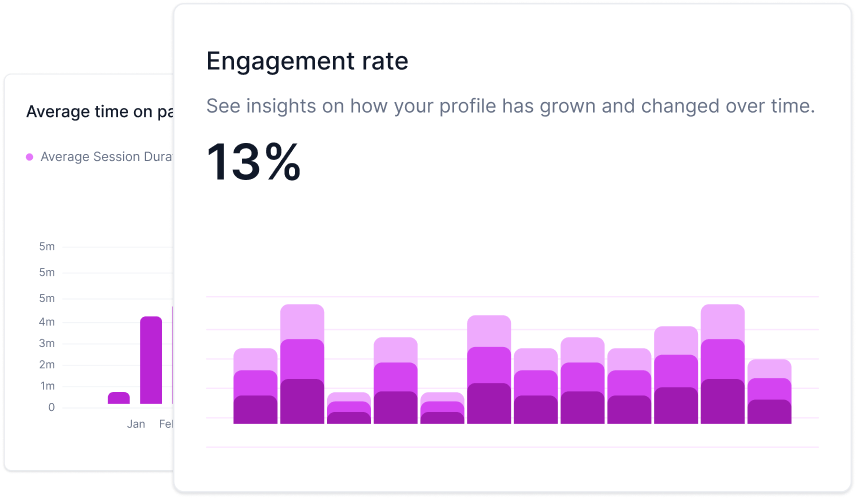What Is Social Media Marketing?
Social media marketing is a digital marketing strategy that leverages social media platforms to connect with an audience, build brand awareness, drive website traffic, and achieve specific marketing goals. It involves creating and sharing content on platforms like Facebook, Instagram, Twitter, LinkedIn, and others to engage with current and potential customers.
How Can I Use Social Media for Marketing My Business?
- Define Your Goals: Start by setting clear and measurable goals for your social media marketing efforts. These could include increasing brand awareness, generating leads, driving website traffic, or boosting sales.
- Know Your Audience: Understand your target audience's demographics, interests, and behaviors on social media. This knowledge will help you tailor your content and messaging to resonate with them effectively.
- Choose the Right Platforms: Not all social media platforms are suitable for every business. Select platforms that align with your target audience. For example, visual businesses may thrive on Instagram, while B2B companies often excel on LinkedIn.
- Create Valuable Content: Craft content that provides value to your audience. This can include informative blog posts, eye-catching visuals, engaging videos, and customer testimonials. Content should be consistent with your brand's voice and messaging.
- Engage and Interact: Social media is a two-way street. Respond to comments, messages, and mentions promptly. Engage with your audience by asking questions, running polls, and conducting contests or giveaways.
- Paid Advertising: Consider using paid social media advertising to extend your reach and target specific demographics or interests. Platforms like Facebook Ads and Instagram Ads offer powerful targeting options.
What Types of Content Should I Post on Social Media?
- Visual Content: Visuals are highly engaging on social media. Share high-quality images, infographics, and videos to grab your audience's attention. Visual content tends to perform exceptionally well on platforms like Instagram and Pinterest.
- Educational Content: Share informative blog posts, articles, and how-to guides that provide valuable information to your audience. This type of content positions your brand as an authority in your industry.
- User-Generated Content: Encourage your customers to create and share content related to your products or services. User-generated content serves as authentic testimonials and endorsements.
- Behind-the-Scenes Content: Give your audience a glimpse behind the curtain. Showcasing your team, company culture, and day-to-day operations humanizes your brand and builds trust.
- Interactive Content: Create polls, quizzes, and interactive posts that encourage engagement. Interactive content invites your audience to participate actively.
How Do I Measure the Success of My Social Media Marketing Efforts?
- Key Performance Indicators (KPIs): Identify and track KPIs that align with your goals. Common KPIs include engagement metrics like likes, shares, comments, reach, and click-through rates (CTR).
- Website Traffic: Use tools like Google Analytics to monitor the traffic generated from your social media channels. Track how many visitors come to your website from social media and their behavior on your site.
- Conversion Rates: Measure how many of your social media visitors take desired actions on your website, such as signing up for newsletters, making purchases, or filling out contact forms.
- Return on Investment (ROI): Calculate the ROI of your social media marketing by comparing the costs of your campaigns to the revenue generated as a result of your efforts.
- Social Media Analytics: Most social media platforms offer analytics tools that provide insights into the performance of your posts, your audience demographics, and other valuable data.

